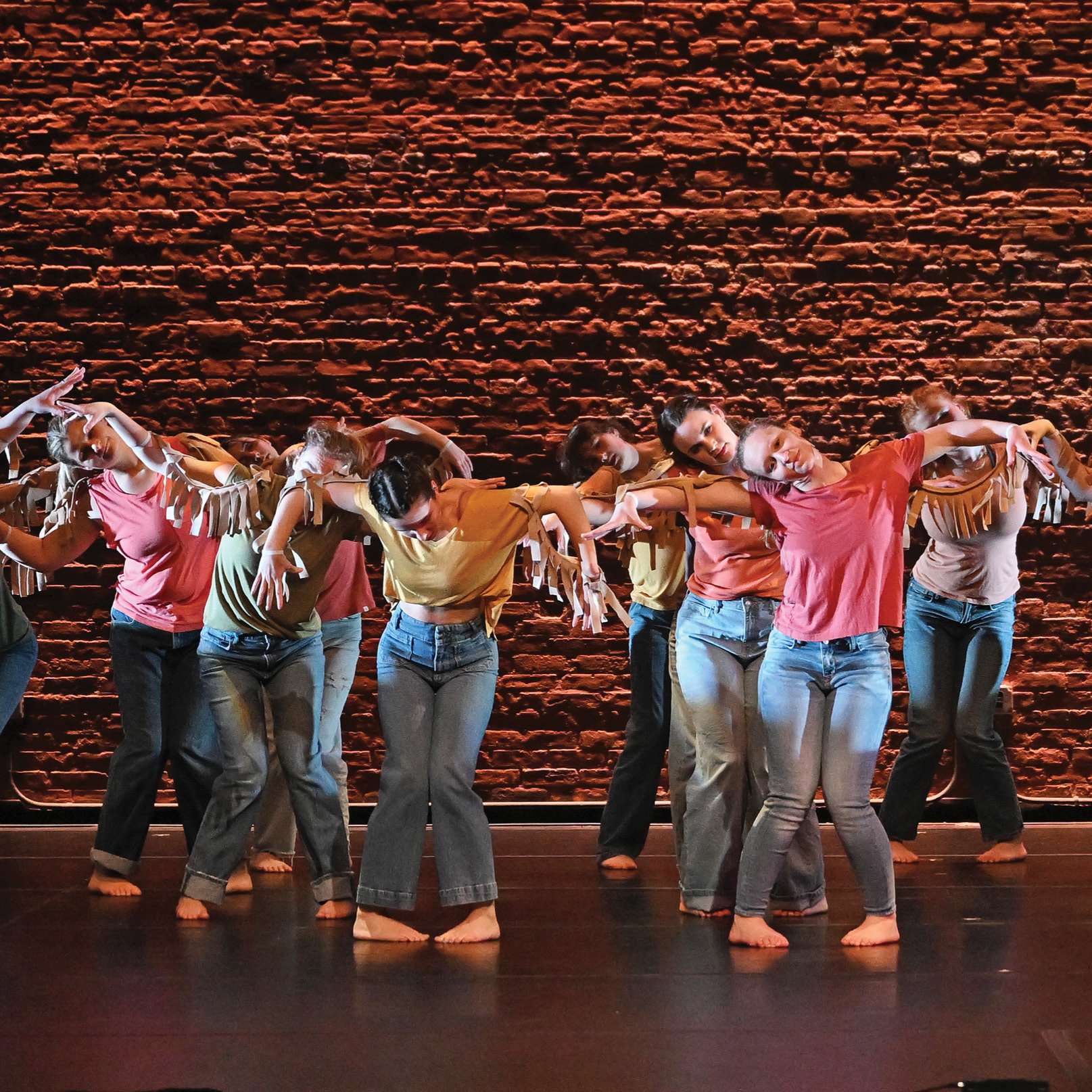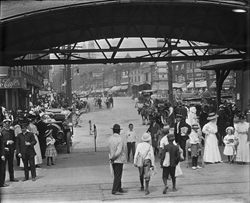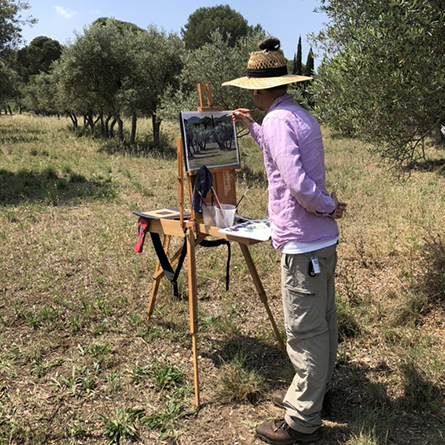
Centennial history: $100,000 was a fortune in 1911

Imagine the challenge - on Feb. 20, 1911, the citizens of New London were told they could host Connecticut's new women's college if they could raise $100,000 by March 1. They had just 10 days to raise what for most of the city's 20,000 residents must have seemed like an impossible fortune.
At the time, the mayor of New London made a grand total of $800 a year. A box of Kellogg's Corn Flakes cost just 10 cents, and a bottle of Coca-Cola would run you a nickel. A postage stamp was 2 cents, eggs were 23 cents a dozen. And if you had $3, and the means to travel to Philadelphia, you could sit in the lower pavilion to watch the Philadelphia Athletics battle the New York Giants in the World Series.
Undeterred, the residents of New London launched a whirlwind campaign to raise the money. "Men and women volunteered as solicitors, and almost every citizen worked in some way toward the goal," Gertrude A. Noyes, a 1925 Connecticut College graduate and former dean, wrote in her 1982 book, "The History of Connecticut College." "Children raided their piggy banks, their parents rang neighborhood doorbells, and on Sunday in every church in town the clergy preached the gospel of education."
By noon on March 1, they had done it. With a last-minute boost of $25,000 from benefactor Morton F. Plant, the citizens of New London had raised $134,824.41. And so, Connecticut College was born, in the same year as Ronald Regan, Lucille Ball, Fenway Park and the Indianapolis 500. Tuition for the first students - who arrived on campus in the fall of 1915 - was set at $150. Room and board was $350, and total costs for the year, including fees, were capped at $600.
Even in those early days, though, Connecticut College was committed to providing financial aid to give deserving students access to a liberal arts education. Many local clubs offered scholarships to the College, and one of the College's founders, Colin Buell, even toured the state during the summers of 1913 and 1914 to raise money for scholarships. The first scholarship administered by the College was the Mary Merriman Abbott Memorial Scholarship, established in 1915 in honor of the first president of Connecticut Woman's Council of Education. It is still awarded today.
February 11, 2011
